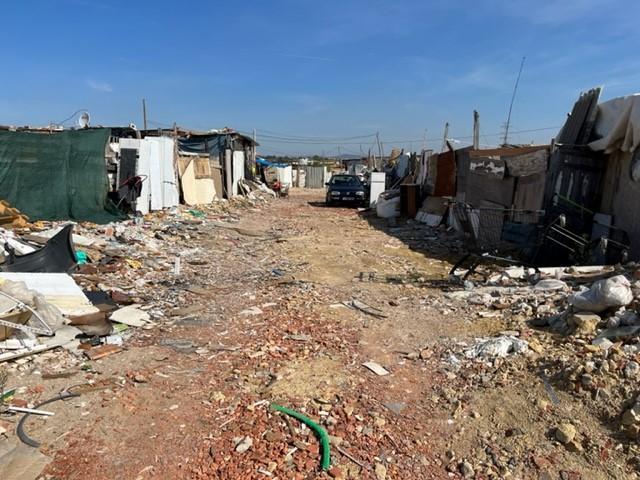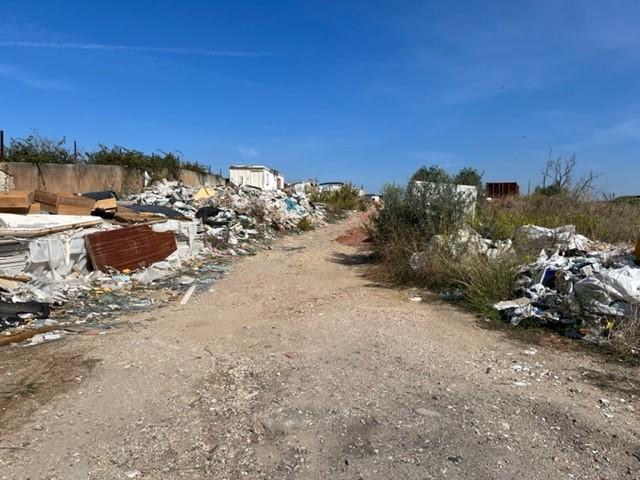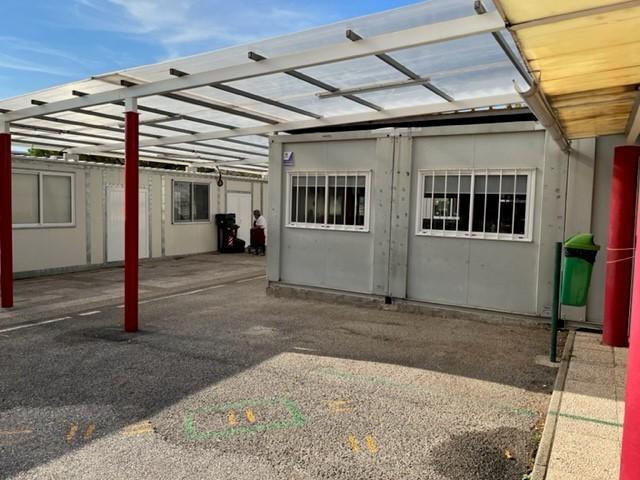With an influx of people fleeing Lisbon’s housing market, Loures urban development investment boosts climate adaption and social housing
With rents and interest rates on the rise, Lisbon residents are moving to less expensive suburbs. That puts pressure on the surrounding areas to match the amenities of the capital.
Just north of Lisbon, Loures is the sixth most populous municipality in Portugal, with 201 590 inhabitants. It’s also where most of the people looking to leave the city are headed.
“The real estate crisis is one of the problems that Portuguese society is currently facing, with a special focus on urban areas,” says Ricardo Leão, president of the Loures city council. “It’s directly related to poverty and the worsening of living conditions in more disadvantaged areas.”
But Loures has problems of its own. Around 850 households are living in very precarious conditions. Over 120 people are homeless or living in shelters for victims of domestic violence. The city aims to fix these problems and, at the same time, create a more attractive environment for the newcomers from Lisbon.

Impoverish neighbourhood in Loures
Loures is starting a project that will increase affordable housing, develop initiatives to help low-income residents, and adapt infrastructure to the threat of climate change.
“This project, which focuses on improving housing, promoting the circular economy, energy efficiency and education, is a technical intervention of great importance,” says Leão. “It brings together the various sectors of the municipality to take much-needed action against climate change.”
- Read about building up energy efficiency in Europe
Sustainable growth to change lives
The European Investment Bank will loan €100 million to finance selected schemes from the Loures strategic multi-annual investment plan for 2022 to 2026. The investment will back the construction and renewal of social housing, construction of education facilities, and improvements to waste management. All the new and renewed buildings will be sustainable and energy efficient.
Ultimately, this project will contribute to sustainable growth, the improvement of living conditions, and the local urban environment.
“This project is a case-study of what we can do to support Portuguese municipalities,” says Miguel Korrodi Ritto, a loan officer at the European Investment Bank who’s working on the project. “It will change the lives of the residents of the city of Loures for the better, responding to the need for more and better housing, while addressing the urgent need for action on climate change.”
Building and renewing affordable housing
For Loures, the challenge was to find a solution to a growing lack of affordable housing.
“Housing is an instrument of urban revitalisation, which brings dignity to the neighbourhood, the parish and the municipality, contributing to its attractiveness and sustainability,” says Leão.
The city of Loures will rehabilitate municipal housing complexes and other facilities to increase the number of houses and apartments. It also will invest in the construction of new buildings, and in financing for youth programmes.
This project will create 793 new social housing units and will renovate 1 171 units from the existing stock. The aim is to improve the living conditions of the most vulnerable population and create a more inclusive environment for all the city’s inhabitants. That will mean better living conditions for those who live in the slums of Loures, which can unlock other opportunities for them, such as better education and jobs.
“By promoting territorial development, we reduce social and economic inequalities and improve the quality of life of our citizens, resulting in a more dignified and healthy experience,” Leão says. “This will minimise social inequalities. It will promote equal rights and opportunities. And it increases the resilience of the most vulnerable individuals and communities which have a greater exposure to climate risks and who have less adaptive capacity.”
Re-designing public spaces for climate
Loures will build and re-design public buildings, spaces, and waste schemes to close the social gap in deprived neighbourhoods and to adapt to the growing consequences of climate change.

Trash disposal area in the slums of Loures
The city is investing in improved air quality through sensors around the urban areas. With the creation of bicycle lanes and pedestrian areas, Loures motivates people to use public transport, instead of driving. The city will also purchase electric vehicles for public services, taking an extra step in the direction of sustainable urban transport.
“The municipal green structure is a key element in the adaptation strategy, when it comes to promoting health and quality of life, particularly during heat waves, which are becoming more frequent,” says Leão.
Flooding is also a growing issue in Loures, which was severely flooded in December 2022.
“In addition to the climate adaptation measures, the project also includes flood recovery measures to support the municipality with the reconstruction,” says Fabrizio Seminara, a senior urban development specialist at the European Investment Bank. “The upgrading of the public infrastructure, such as the municipal drainage system, will strengthen the city’s resilience to climate change and leave them better prepared to deal with future severe weather events.”
Loures council has adopted in 2021 the Municipal Action Plan for Adaptation to Climate Change, and EIB is largely supporting the implementation of such adaptation plan.
Boosting local education and water waste management
But this project isn’t just about housing. It will also:
- create new schools and extend existing ones to improve the quality of education and civil engagement.
- treat and reuse water from municipal swimming pools
- reuse water originating from the water treatment plants in Frielas and Beirolas for irrigation and street cleaning
- Read about Schools for the suburbs

Middle school number 2 of Loures
